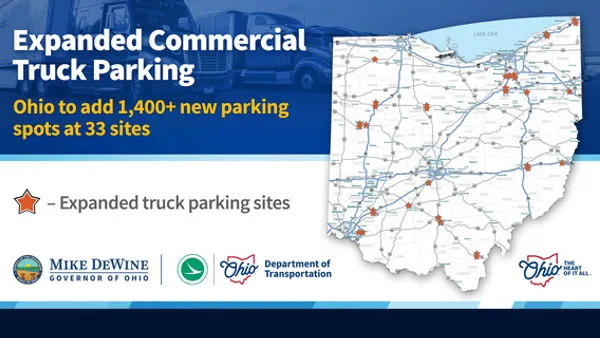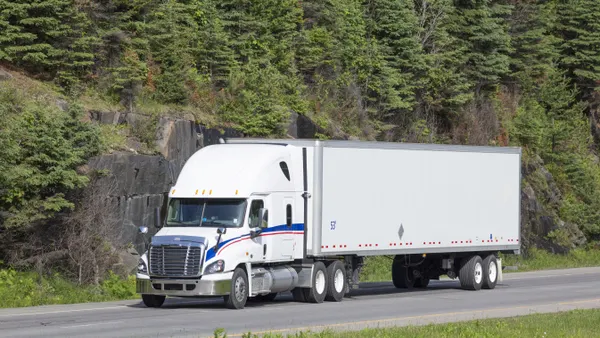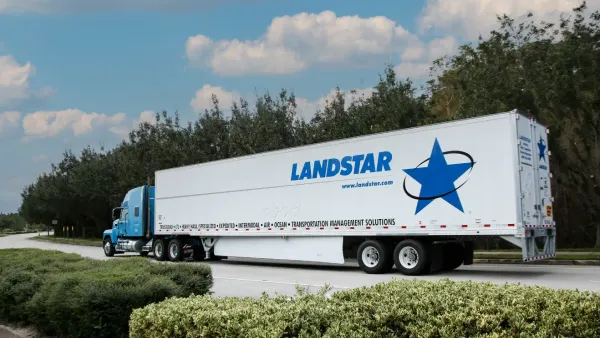Dive Brief:
- Daimler approached 2020 expecting a small downturn in demand after strong sales for nearly three years, but the coronavirus exacerbated the hit to finances. Revenue for Daimler Trucks and Buses dropped 14.7% from Q1 2019, to $9.44 billion, the parent company Daimler AG said in an earnings call Wednesday. Daimler withdrew guidance for 2020.
- COVID-19 forced Daimler Trucks North America (DTNA) to idle plants, but the company opened up some plants last week. Ola Källenius, Daimler chairman, told investors there has been a "ramp-up" in the Trucks and Buses segments to return to normal production schedules. DTNA reopened its Portland, Oregon, plant on April 20.
- Daimler said incoming truck orders dropped 15% year over year, to 93,000 units in Q1. Truck unit sales fell 20% to 98,000, year over year, and officials said sales in 2020 will be below 2019 levels.
Dive Insight:
Cost management and cash flow discipline have rarely been so crucial, even for Daimler AG, the parent company of DTNA, the largest truck maker in the United States. COVID-19 came at a time when manufacturers already expected to produce less, because fleets had bought so many units during the freight boom of 2017-2018. As sales sometimes lag freight booms, strong sales numbers extended in 2019 too.
Daimler's truck segment approached 2020 expecting a return to normal, after three years of occasionally on-fire sales for the entire industry. Company managers and industry experts saw indications of a small downturn in demand. The German automaker prepared for it, but "it" turned out to be a black swan event.
Källenius said as the coronavirus idled plants and cost Daimler sales revenue, the company saw its EBIT from Q1 2019 vanishing, down 55% to $268 million in Q1 2020. So efforts were made to manage costs and cash. Eventually, the company managed to perform with a respectable showing in EBIT and working capital, he told investors.
"We knew already when we came into the year 2020 that the truck markets were on their way down," said Källenius. "In North America, I would say, normalizing after having been high, very high, for a couple of years. And Europe, coming down as well."
Industry analysts expected a small downturn too, as inventory lots grew fuller. Steve Tam, vice president of ACT Research, told Transport Dive on Wednesday that his research firm initially expected a 30% decline in new Class 8 truck sales in 2020. With the coronavirus wreaking havoc, Tam now expects a 50% to 55% decline in 2020 sales. And sales in Q2 could plummet to between 20,000 to 25,000, Tam said. Total sales for the year could be between 125,000 and 135,000, down at least 50%.
The black swan event has one small benefit. New Class 8 sales lots were growing full, and growth in freight in 2020 was not expected to eat into the excess capacity of new trucks that fleets had, Tam said. Now, with plants slowing down, dealers have an opportunity to free up space by selling to fleets who may buy or replace trucks this year, he said.










